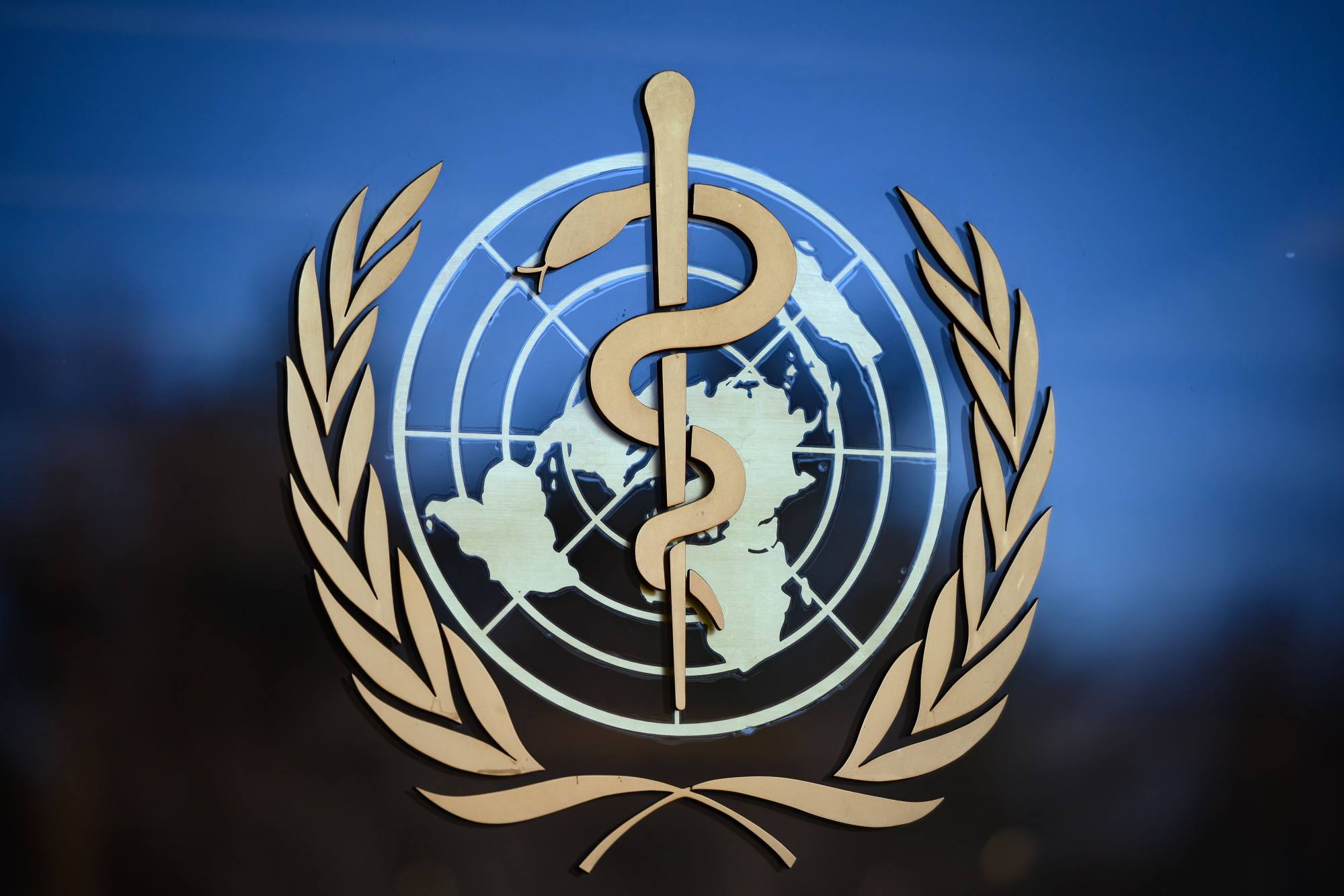US and Taiwanese officials held talks in Taipei on expanding the island’s role in international affairs, the US State Department said on Saturday.
“The consultations focused on expanding Taiwan’s meaningful participation in the United Nations system and other international fora,” the US agency said in a statement. “Taiwan has a demonstrated capability and willingness to help address global issues and support the international community.”
The State Department added that Taiwan has world-class, valuable expertise useful in addressing “urgent challenges”, from international public health and food security to aviation safety and climate change.
The talks on Friday in Taipei included representatives from the American Institute in Taiwan (AIT), the Taipei Economic and Cultural Representative Office (Tecro) in the US, the State Department and the Taiwan Ministry of Foreign Affairs, according to the statement, without disclosing which officials attended.

AIT is Washington’s de facto embassy in Taiwan and Tecro is Taipei’s de facto embassy in the US.
Tension around the Taiwan Strait has increased since the independence-leaning Taiwan’s Democratic Progressive Party won a third consecutive presidential term this year with the election of William Lai. As a result, Beijing has increased political and military pressure on Taipei.
China sent 66 People’s Liberation Army warplanes into the airspace around Taiwan over a two-day period through Saturday morning, according to Taiwan’s Ministry of National Defense, which added that some flew within 31 nautical miles (56 kilometres) of the island.
The Chinese embassy in Washington did not immediately respond to a request for comment.
China has for decades blocked self-governing Taiwan’s participation in UN agencies and other international organizations, in which only states may participate. The policy has been expanded to prohibit Taiwanese visitors from entering or touring the UN building in New York.
Taipei has consistently protested Beijing’s efforts to constrain the island’s participation in international meetings.
Washington has argued that Taiwan should be allowed to attend the WHO’s World Health Assembly as an observer, in part because of its successful handling of the Covid-19 pandemic, a position supported by the Group of 7 economic nations.
Only 12 countries have official diplomatic relations with Taiwan, and the number is dwindling under growing pressure from Beijing. In early 2023, Honduras severed ties with Taiwan and established formal relations with China. That was followed in January, shortly after Taiwan’s presidential election, by a similar switch by the Pacific Island nation of Nauru. No government has held formal diplomatic relations with both China and Taiwan at the same time.
But Taiwan is a member of over 40, largely regional and often economically focused, organizations including the Asian Development Bank, Asia-Pacific Economic Cooperation forum and World Trade Organization. It also holds observer or other status on several other bodies.
Beijing sees Taiwan as a part of China to be reunited by force if necessary. Most countries, including the US, do not recognise Taiwan as an independent state. But Washington opposes any attempt to take the self-governed island by force, is legally bound to support Taiwan’s military defence capability and has backed the island’s expanded global presence as seen with this week’s talks.
The State Department added on Saturday that US support for Taiwan’s “meaningful participation in international fora” is in line with the US one China policy, which is guided by the Taiwan Relations Act, the three Joint Communiques, and the Six Assurances – key agreements underpinning formal diplomatic relations since 1979 between the US and China.

